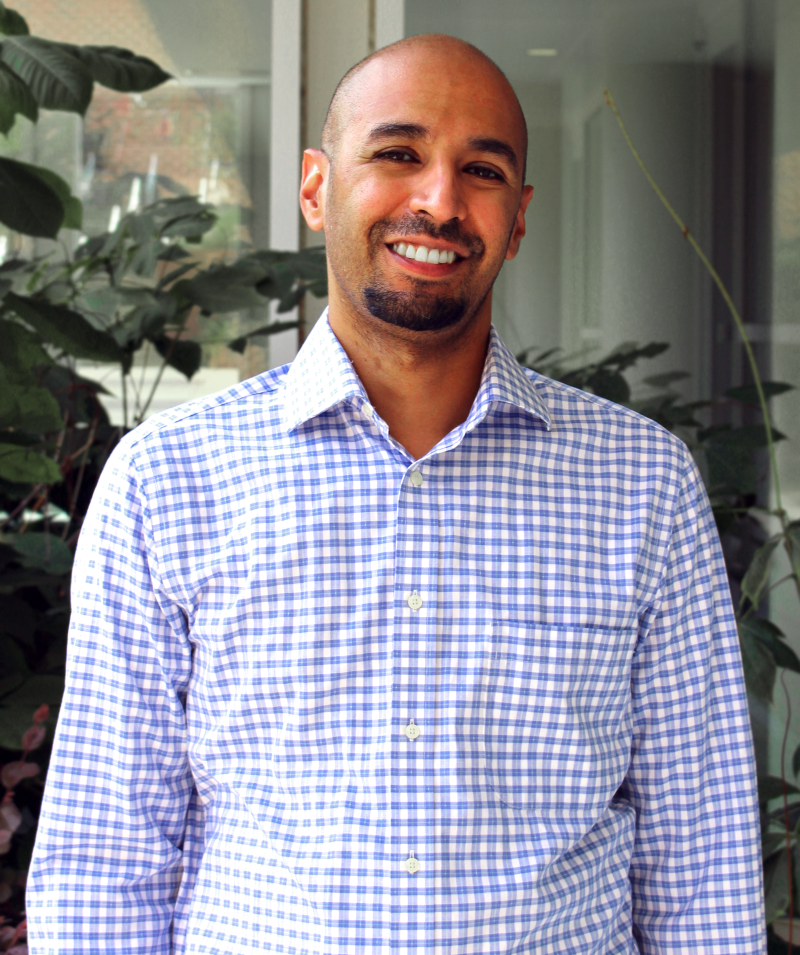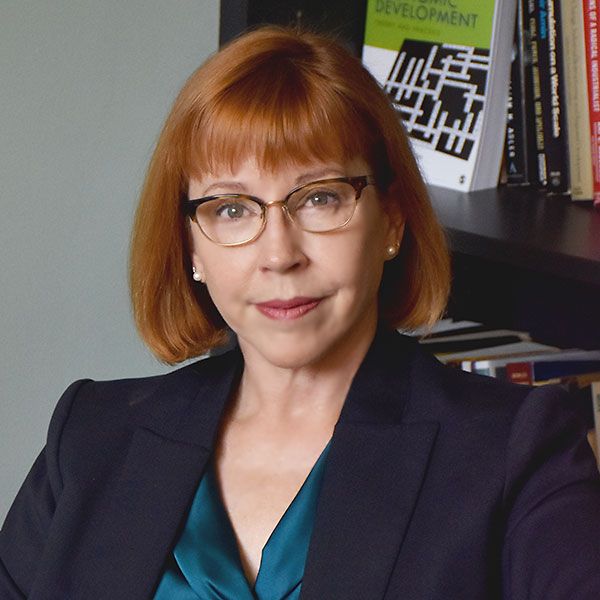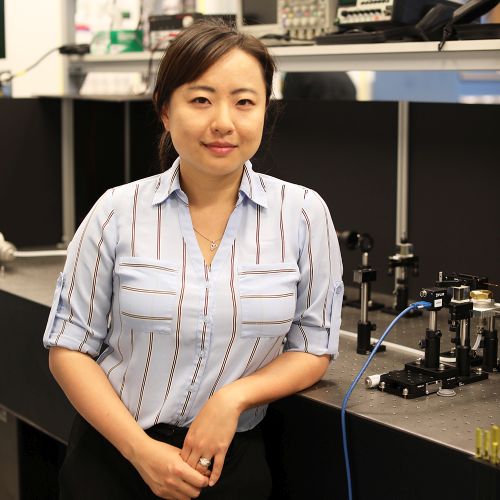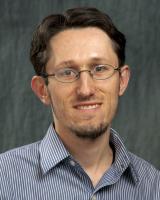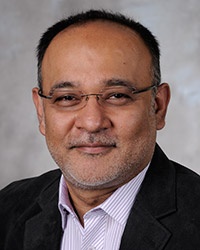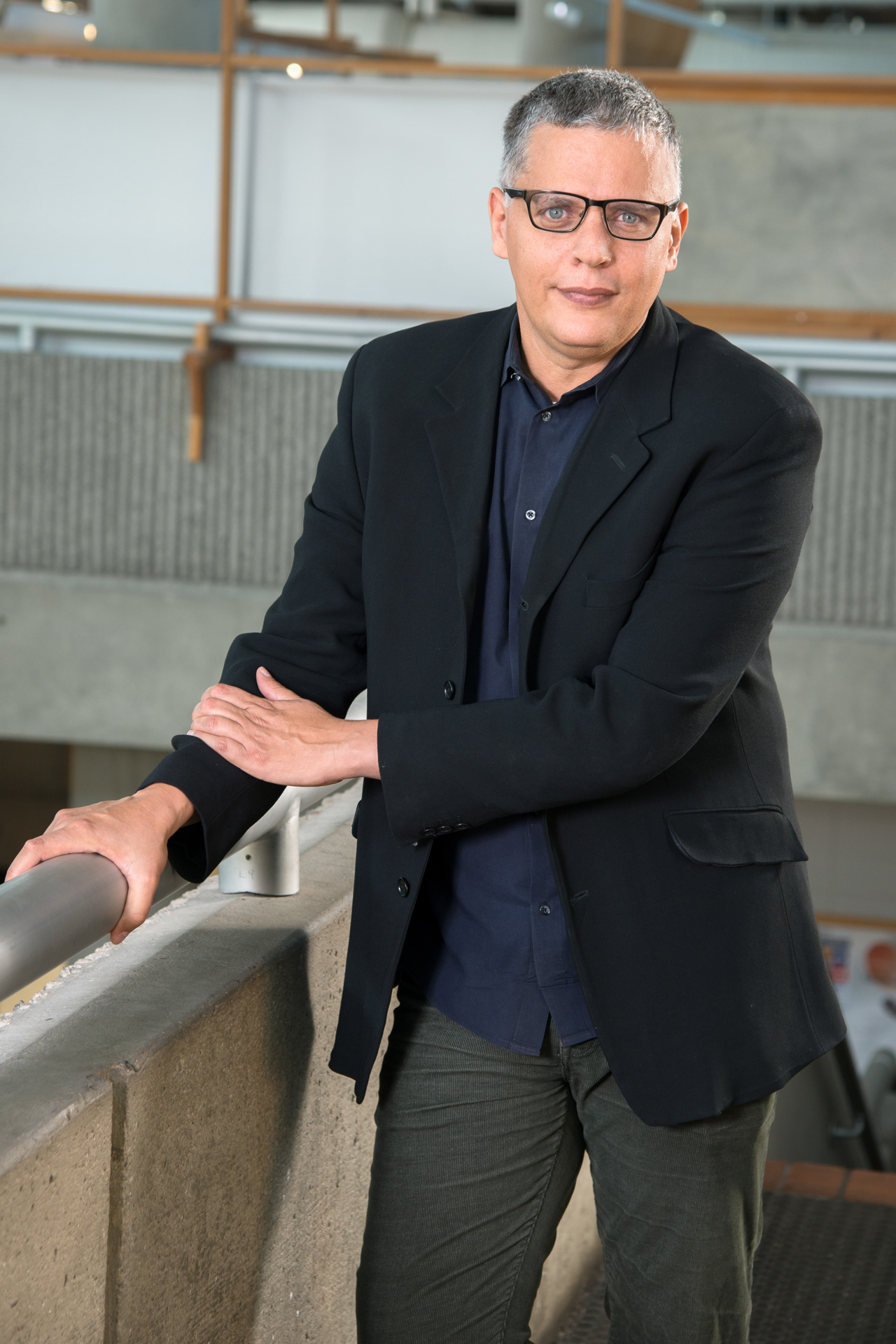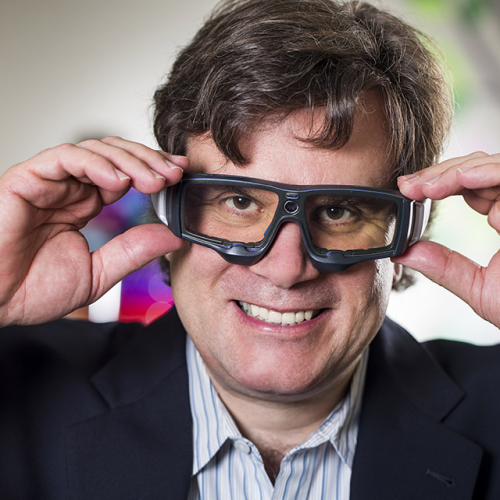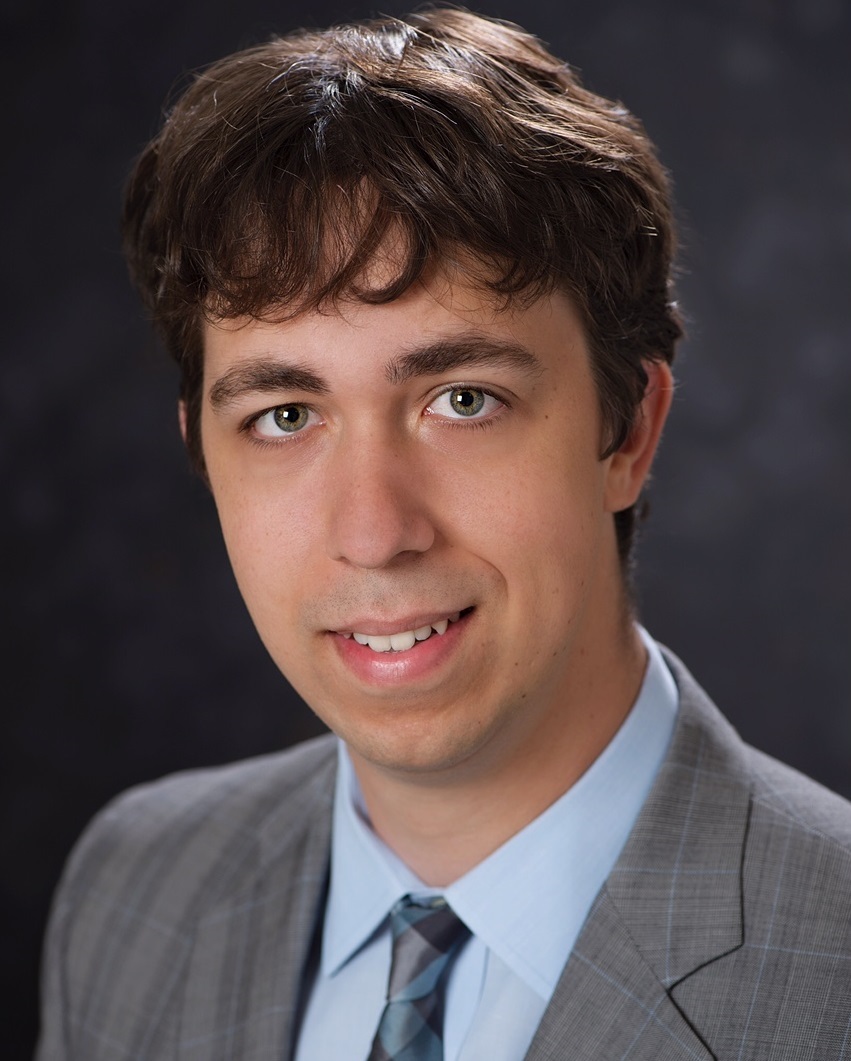Matthew T. Flavin
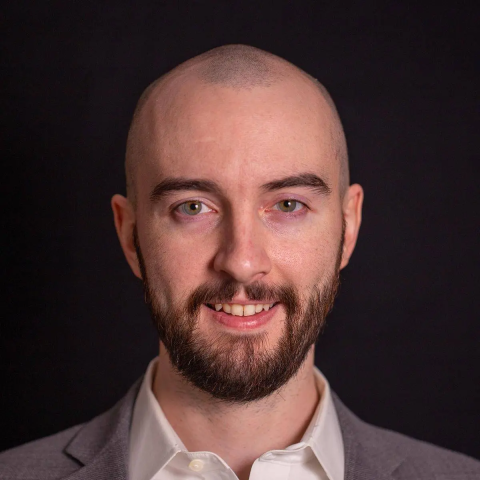
Prof. Matthew Flavin is an assistant professor in the School of Electrical and Computer Engineering at the Georgia Institute of Technology where he leads the Flavin Neuromachines Lab. Before joining the faculty at Georgia Tech, he was a postdoctoral researcher at Northwestern University. He received his M.S. and Ph.D. degrees in Electrical Engineering in 2017 and 2021 from the Massachusetts Institute of Technology (MIT), and he received his B.S. in Electrical Engineering in 2015 from the University of Illinois at Urbana-Champaign (UIUC). He received the NIH Ruth L. Kirschstein Institutional National Research Service Award (T32) and the Draper Laboratory Fellowship. The vision for his independent research program is to develop powerful peripheral neural interfaces and mechatronic wearables that leverage advanced sensors and intelligent systems to address important and unresolved challenges in patient care.
- Bioengineering
- Biotechnology
- Communications
- Computer Engineering
- Cyber Technology
- Cyber-Physical Systems
- Drug Design, Development and Delivery
- Electronic Materials
- Energy Harvesting
- Flexible Electronics
- Healthcare
- Human Augmentation
- Human-Centered Robotics
- IoT for Manufacturing
- IoT/Machine-to-Machine Trust
- Lifelong Health and Well-Being
- Locomotion & Manipulation
- Machine Learning
- Medical Device Design, Development and Delivery
- Micro and Nano Device Engineering
- Miniaturization & Integration
- Mobile & Wireless Communications
- Neuroscience
- Precision Machining
- Regenerative Medicine
- Robotics
- Soft Robotics


